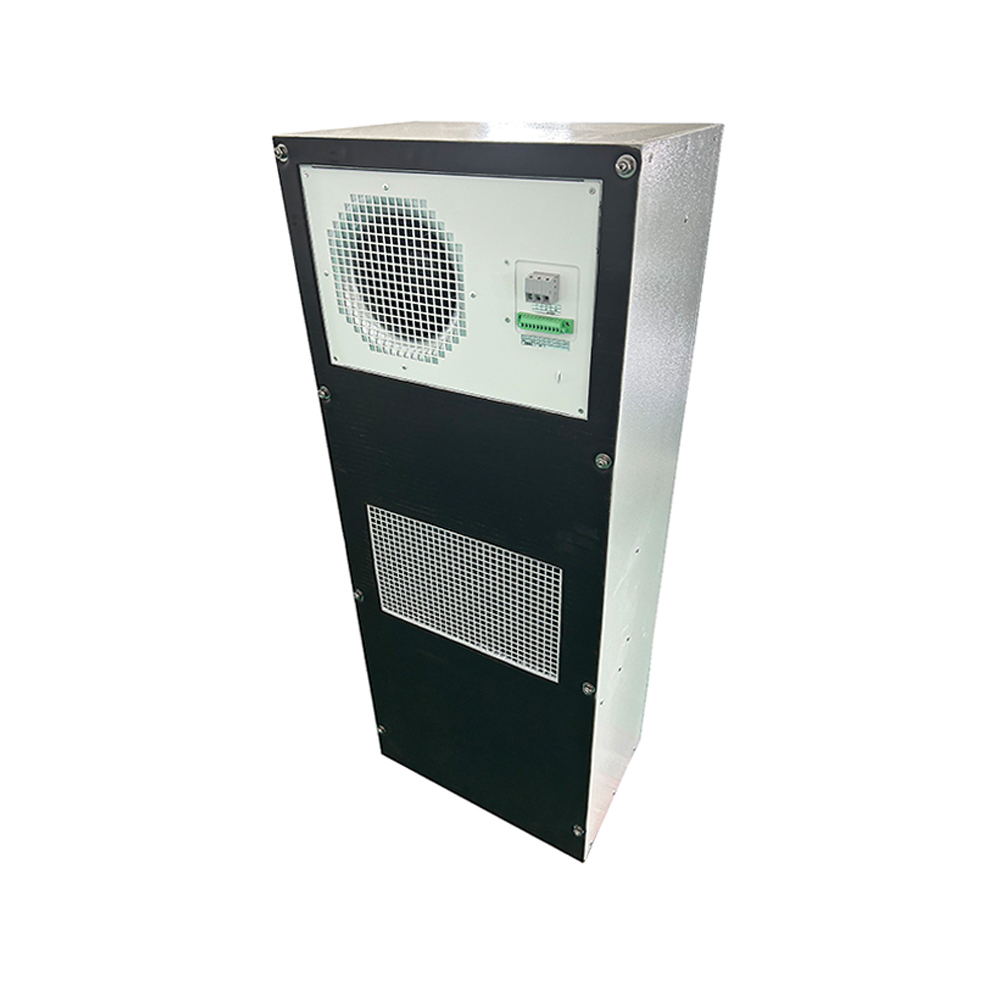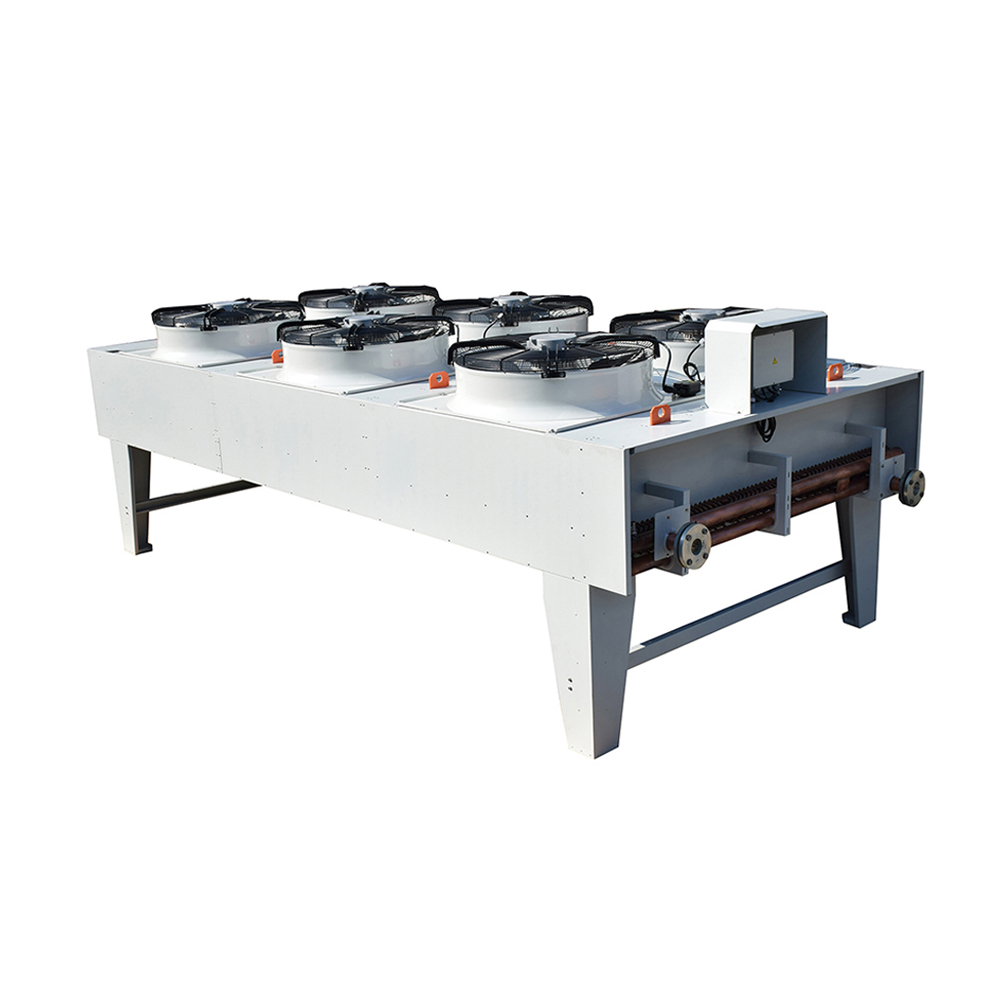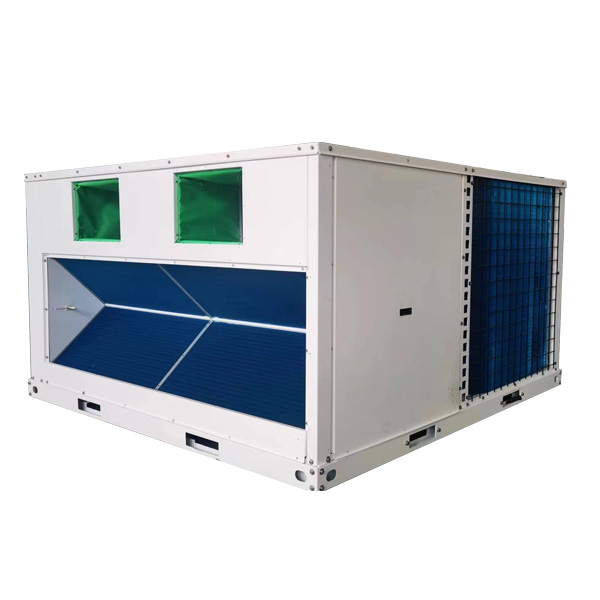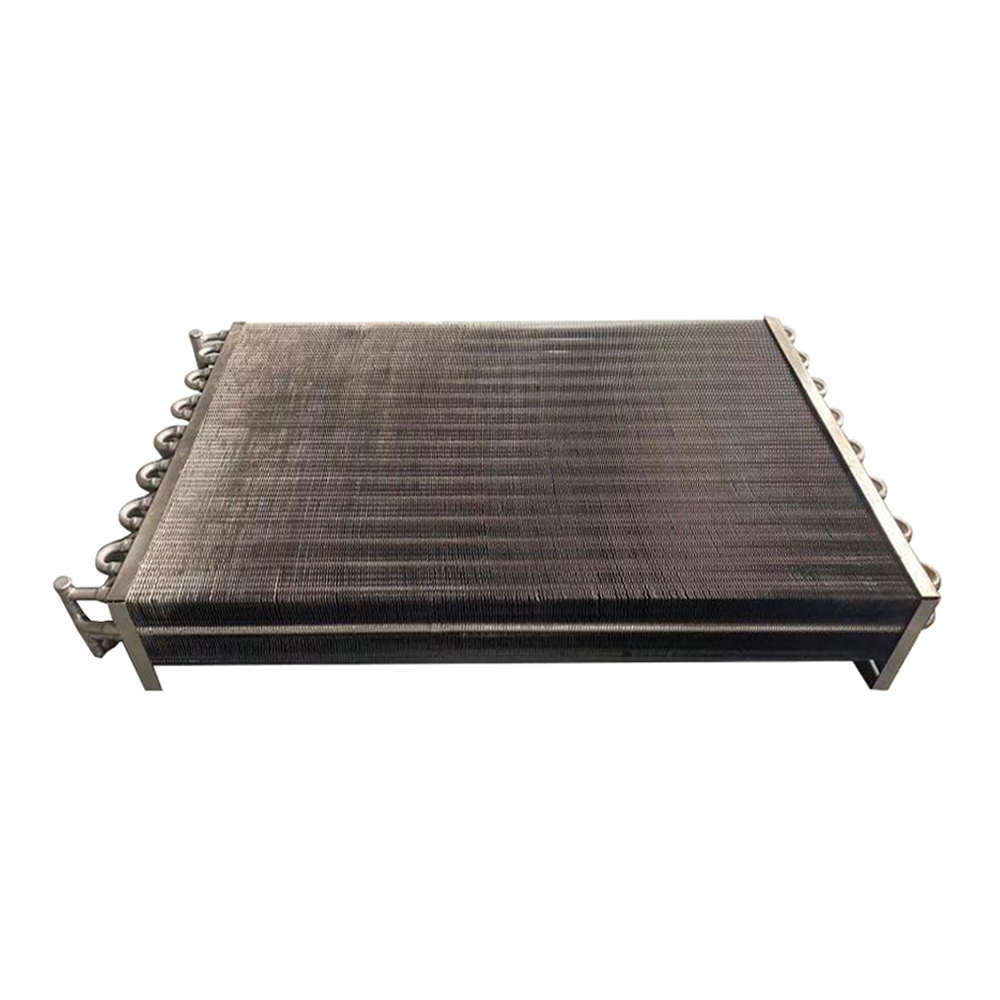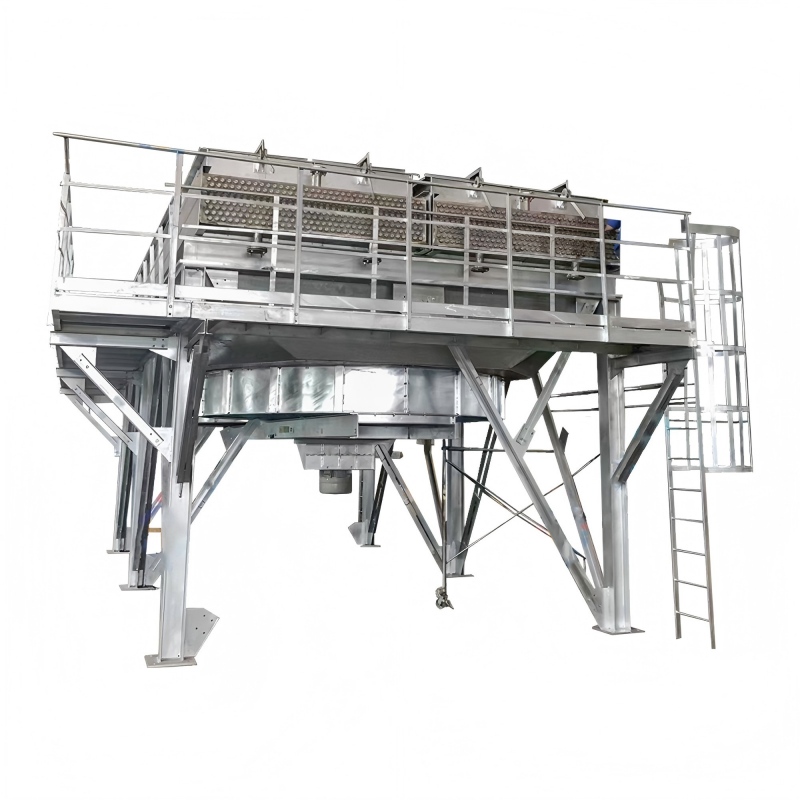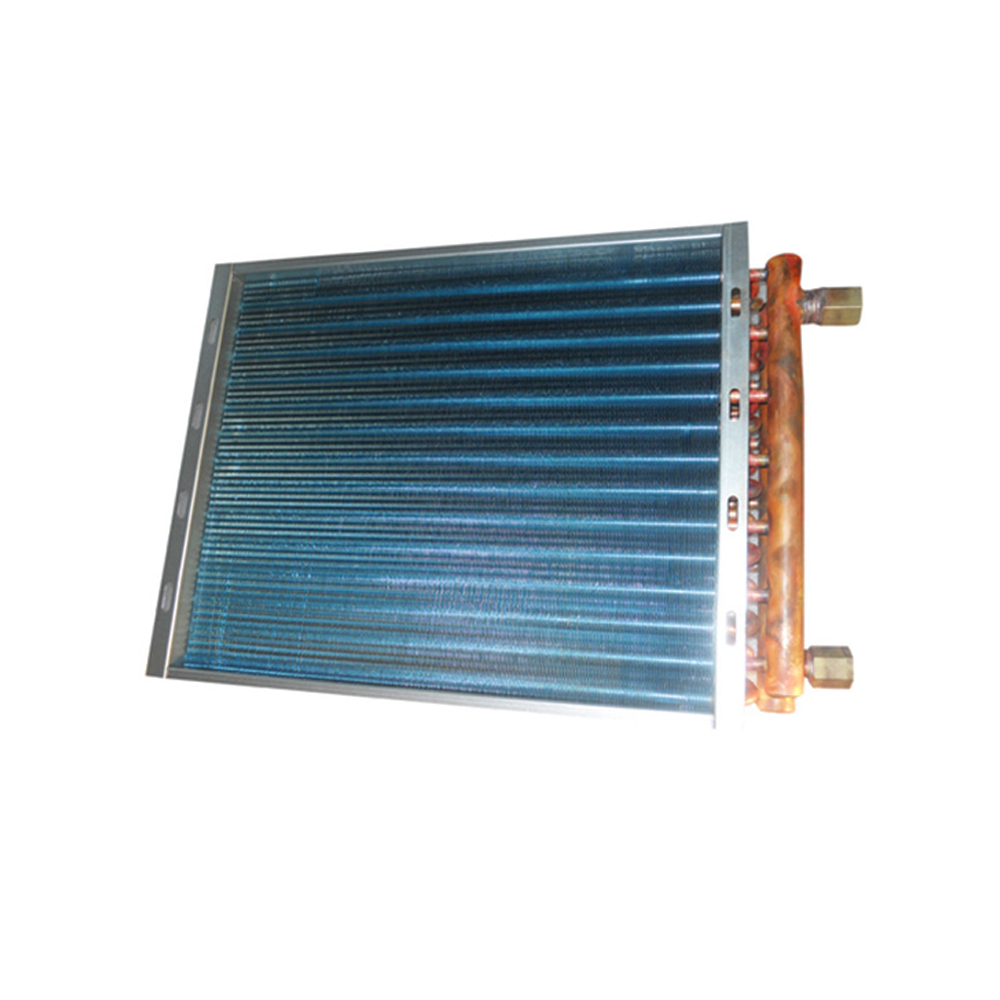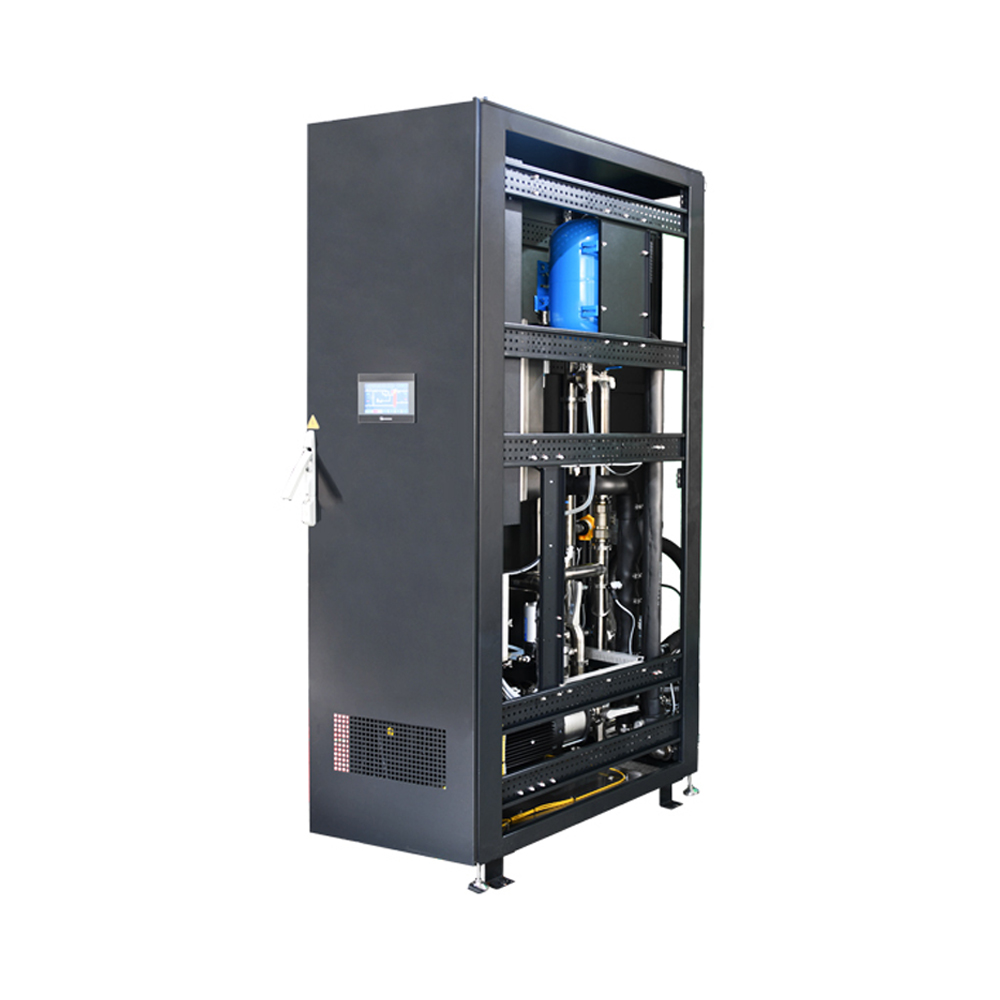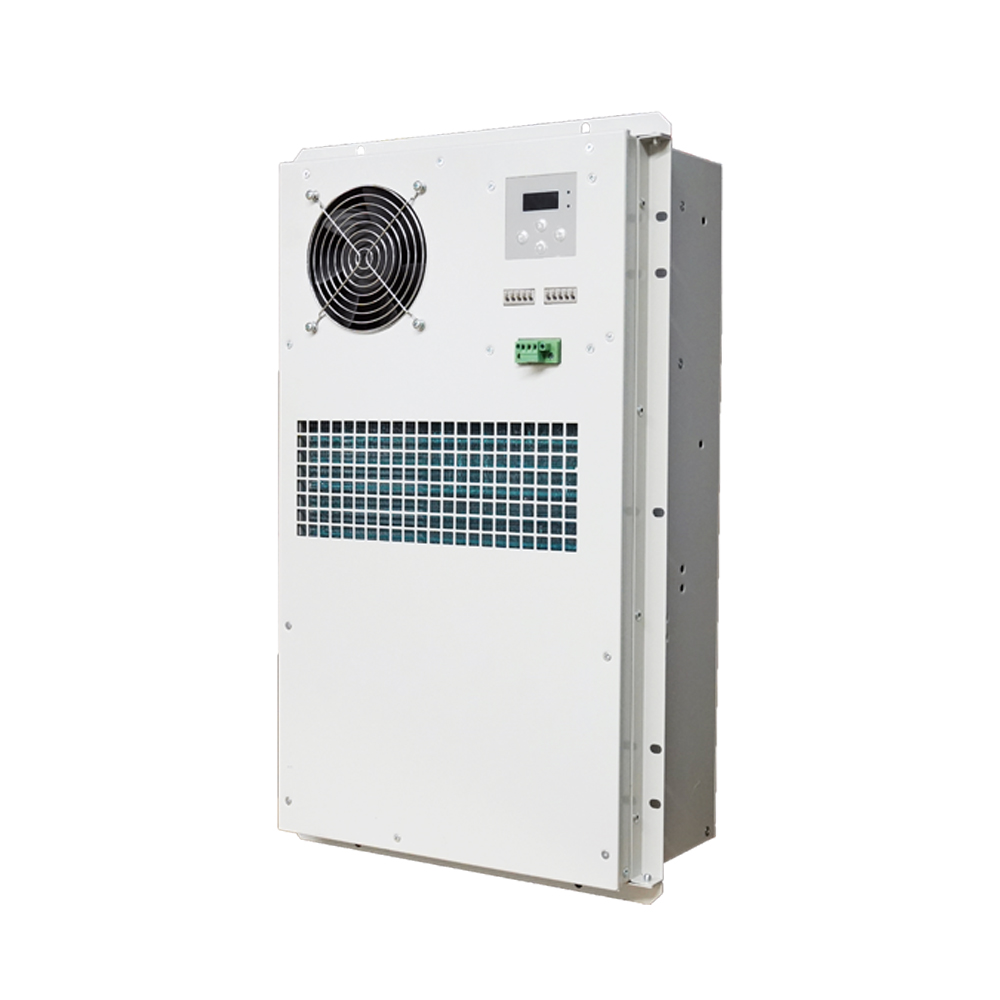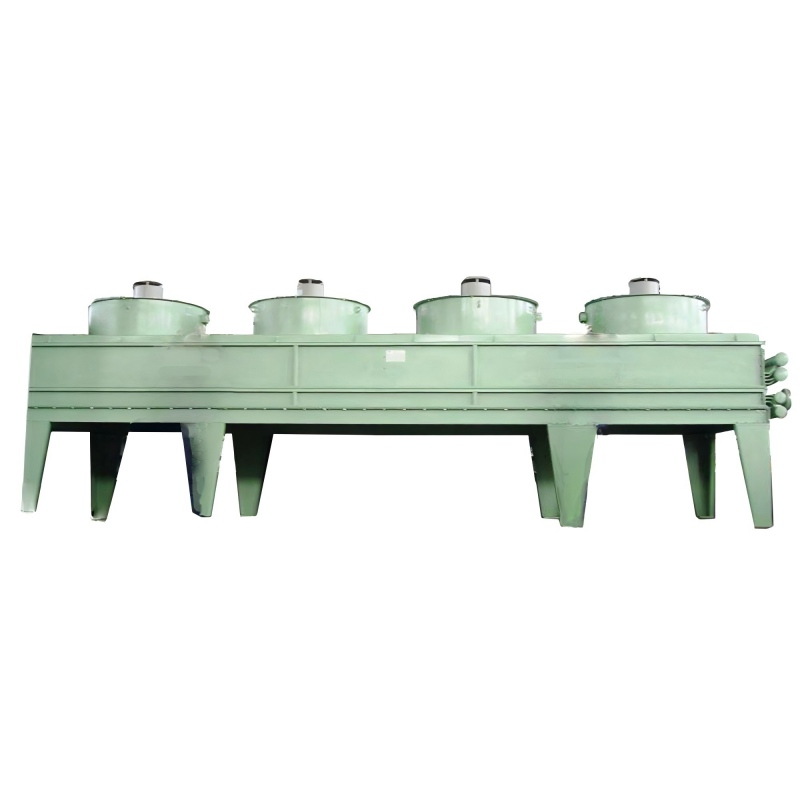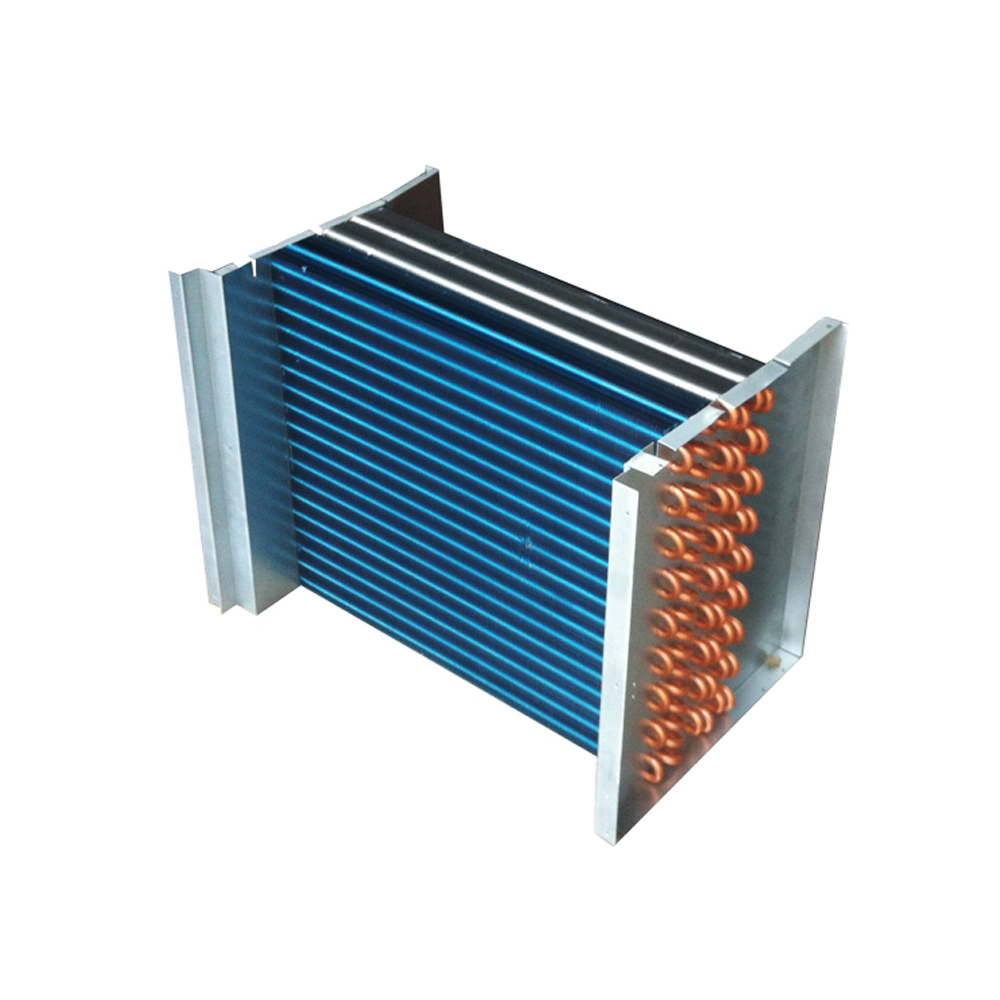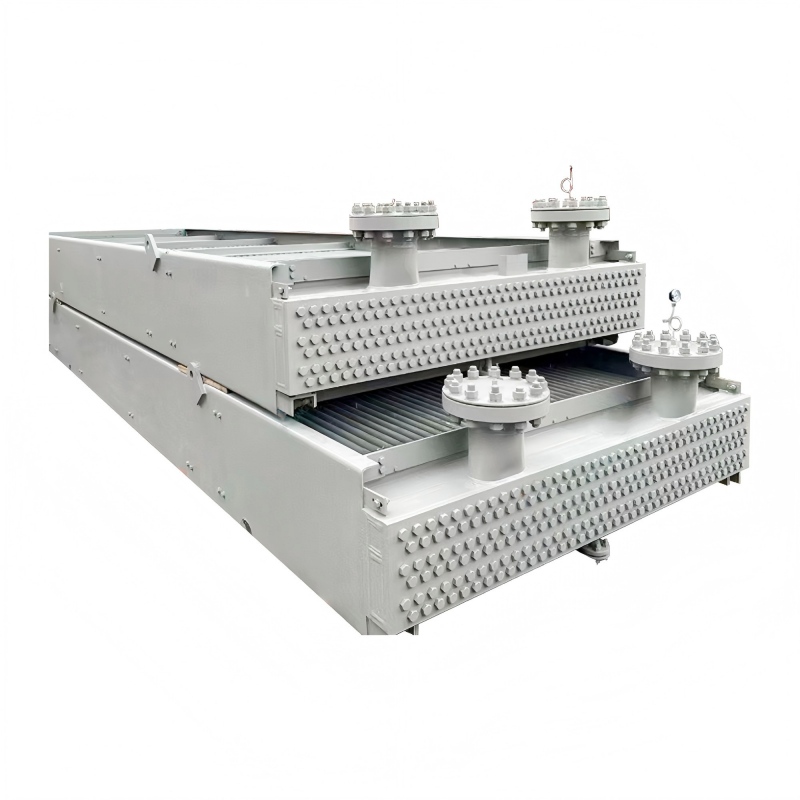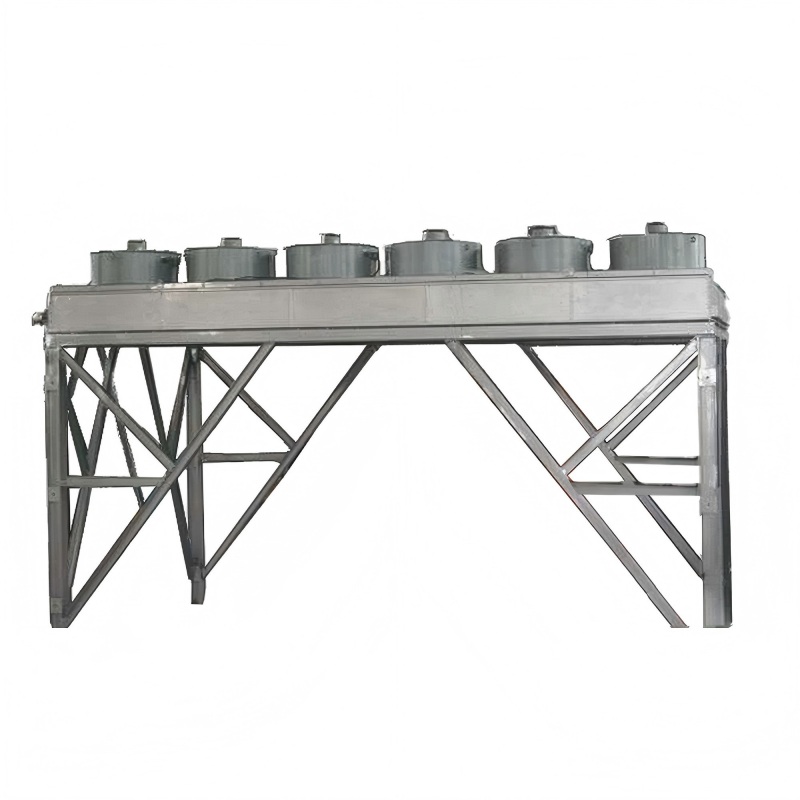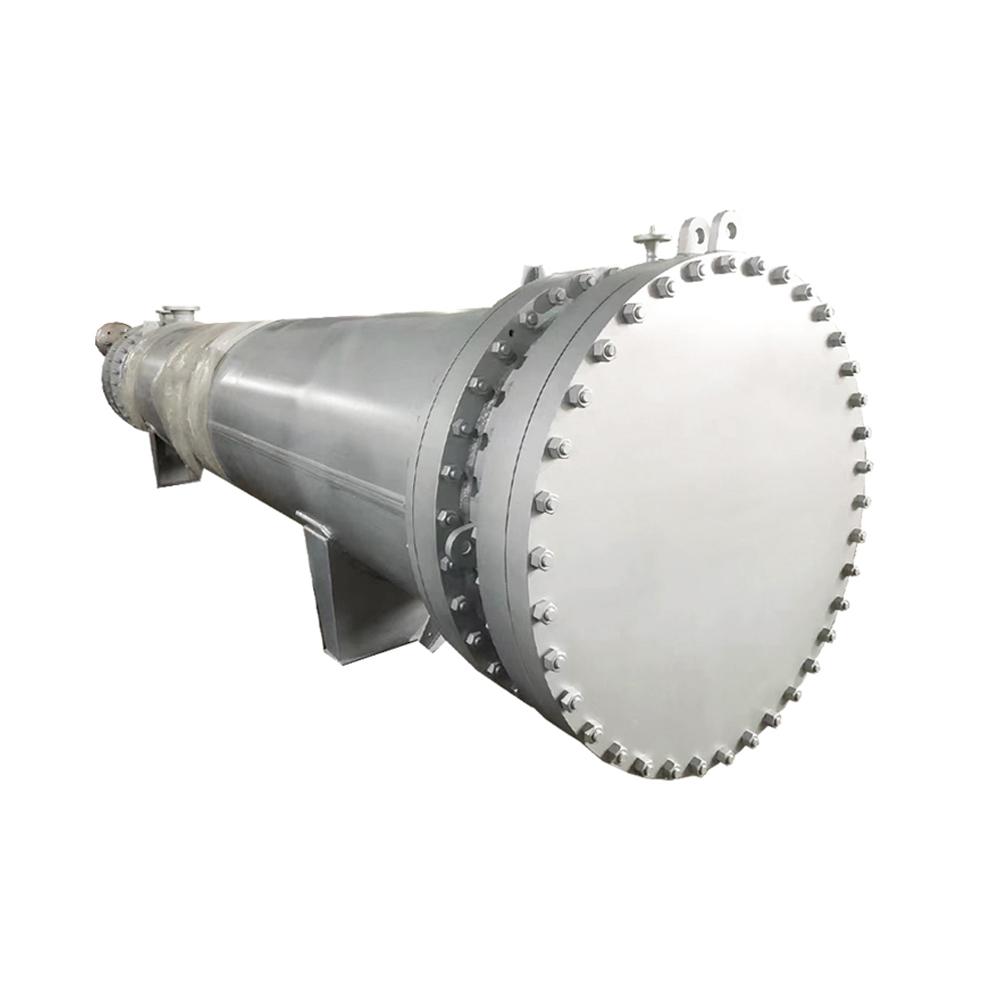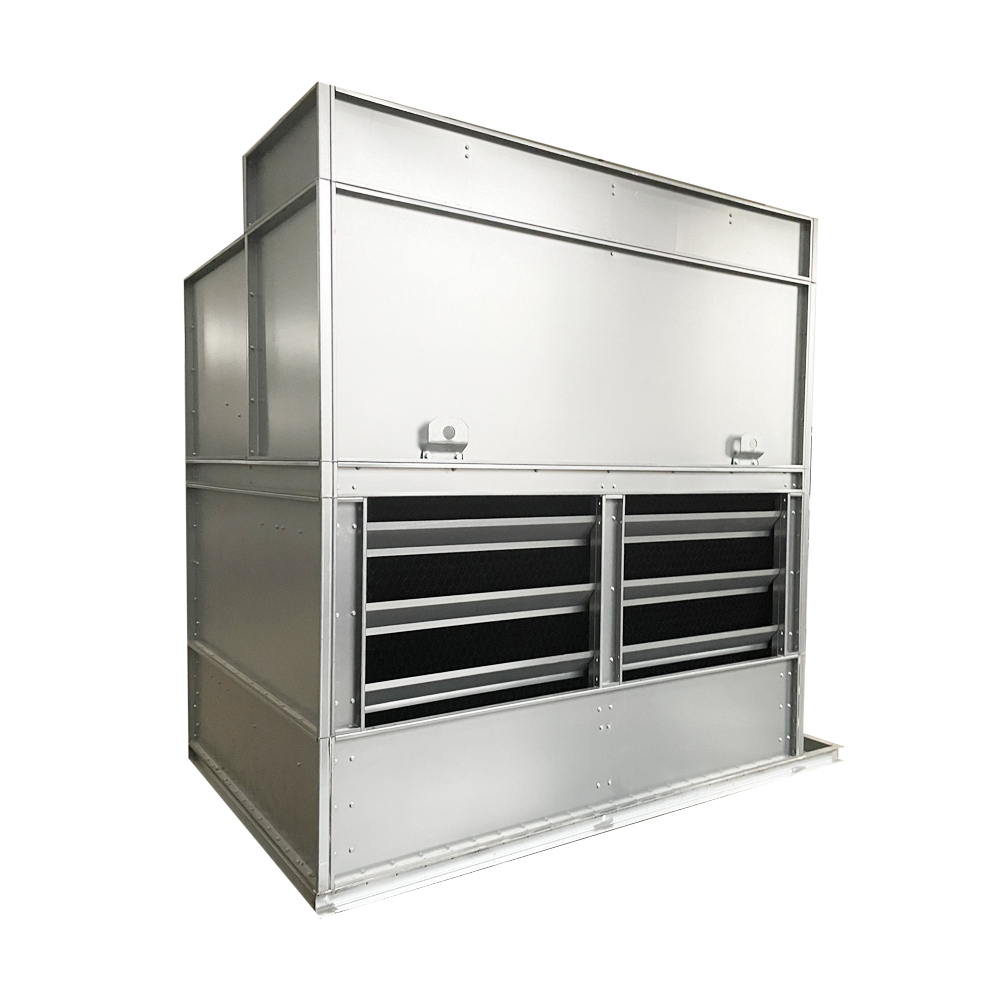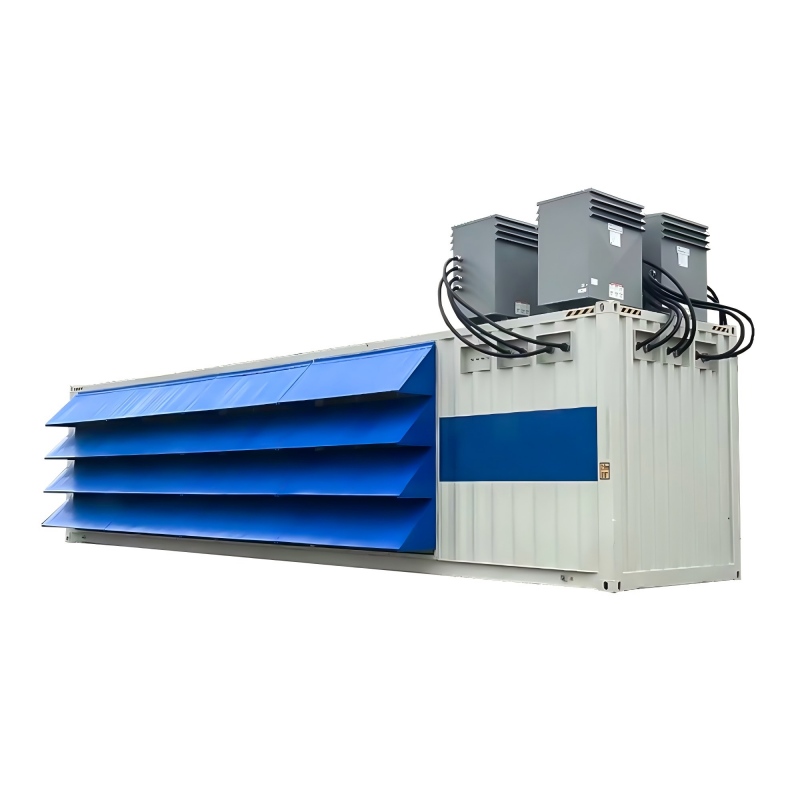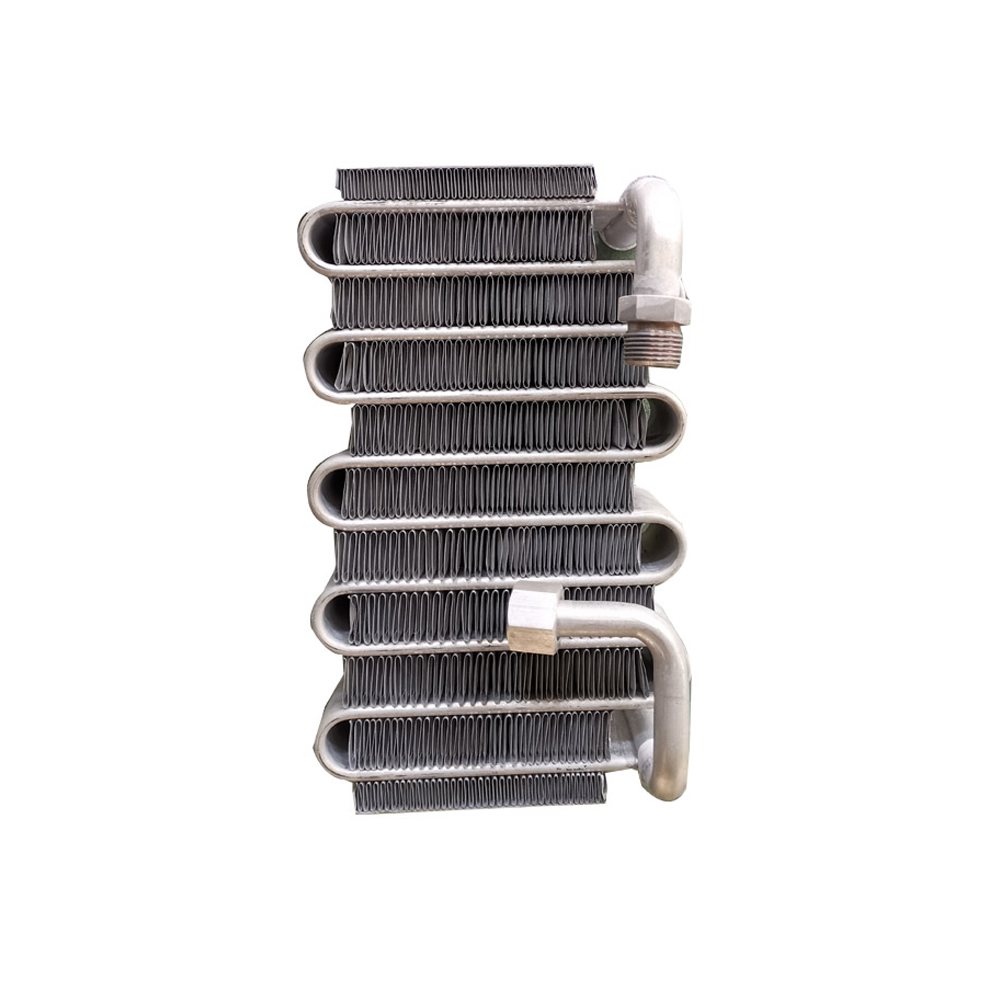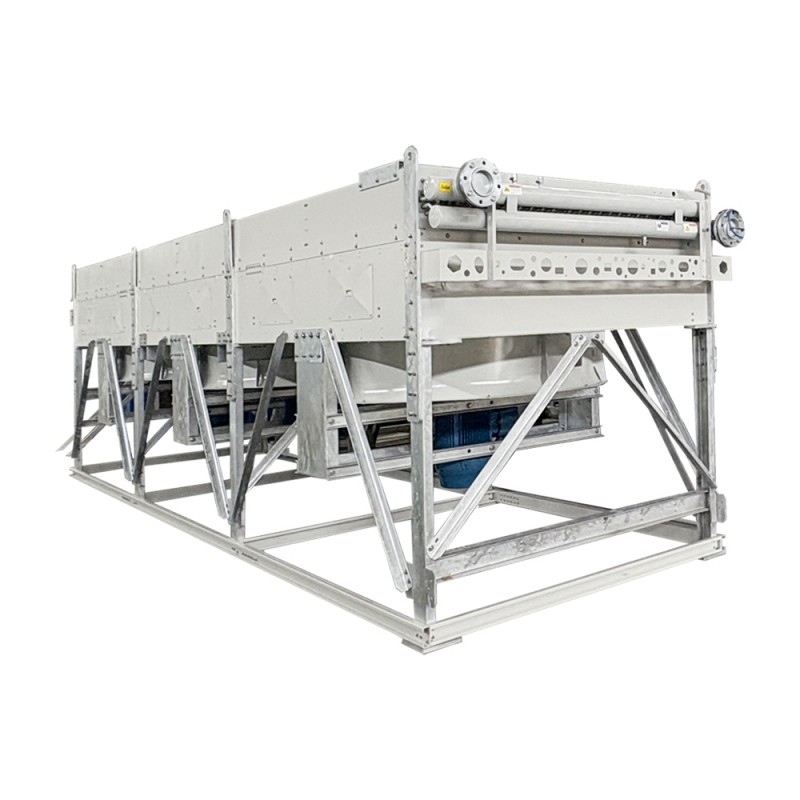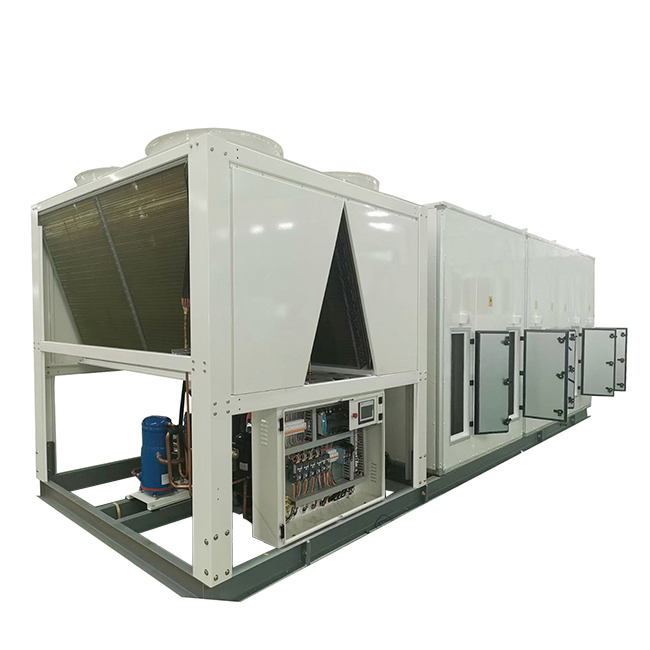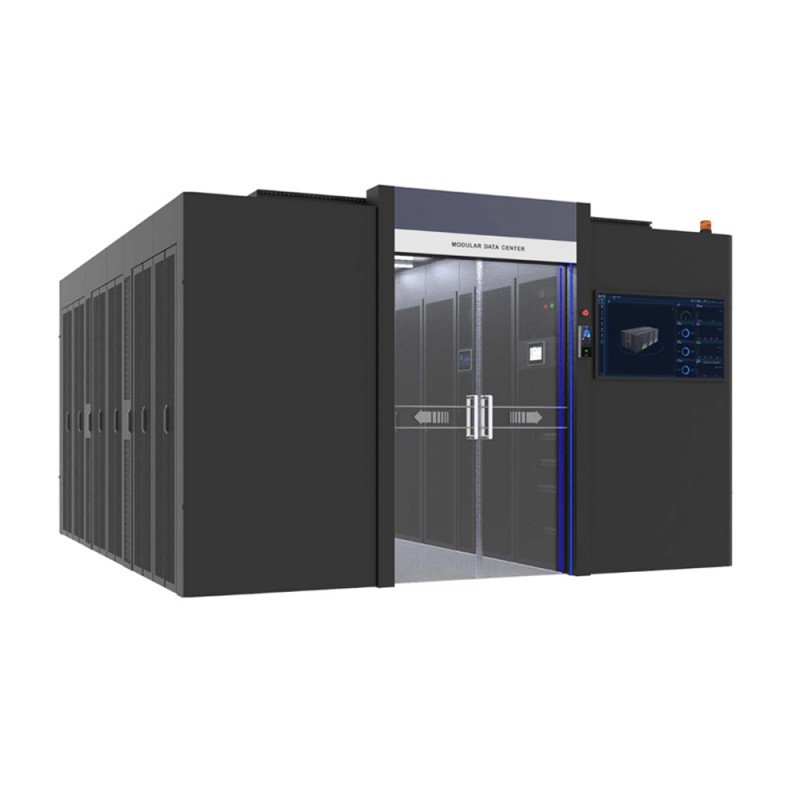Choosing the right radiator for your generator is crucial for optimal performance and longevity. This guide explores key factors to consider when selecting a best generator radiator, providing insights into different types, sizes, and materials to help you make an informed decision. We'll cover everything from understanding cooling requirements to troubleshooting common issues, ensuring your generator runs smoothly and efficiently.
Understanding Generator Cooling Systems
The Importance of Effective Cooling
Generators produce significant heat during operation. Without adequate cooling, overheating can lead to severe damage, reduced lifespan, and even complete failure. A best generator radiator is a vital component of the cooling system, dissipating heat and maintaining optimal operating temperatures. Effective cooling ensures consistent power output and prevents costly repairs.
Types of Generator Radiators
Several types of radiators cater to various generator sizes and applications. Common types include:
- Tube and Fin Radiators: These are widely used due to their robust design and efficient heat dissipation.
- Plate Radiators: These offer a compact design, suitable for space-constrained applications.
- Oil Coolers: Often integrated with the radiator, oil coolers manage the engine's lubricating oil temperature, preventing overheating.
Factors to Consider When Choosing a Best Generator Radiator
Generator Size and Power Output
The size and power output of your generator directly influence the cooling requirements. Larger generators necessitate radiators with greater heat dissipation capacity. Always consult your generator's manual to determine the recommended radiator specifications.
Material and Construction
Radiators are typically constructed from aluminum or copper. Aluminum radiators are lightweight and cost-effective, while copper radiators offer superior heat conductivity and durability. Consider the operating environment and budget when making your selection. A high-quality construction ensures longevity and efficient performance.
Cooling Fan Considerations
The cooling fan plays a crucial role in directing airflow through the radiator. Ensure the fan's capacity matches the radiator's heat dissipation capabilities. Factors like fan speed and blade design impact cooling efficiency.
Maintenance and Durability
Regular maintenance is key to extending the life of your best generator radiator. Cleaning the radiator fins to remove dust and debris is crucial. Consider the radiator's construction material and its resistance to corrosion in your environment.
Troubleshooting Common Generator Radiator Issues
Overheating
Overheating indicates a problem with the cooling system. Possible causes include a clogged radiator, a malfunctioning fan, or insufficient coolant. Regular inspection and maintenance are crucial to prevent overheating.
Leaks
Leaks in the radiator can lead to coolant loss and engine damage. Inspect the radiator regularly for any signs of leaks and address them promptly. Professional repair may be required for significant leaks.
Finding the Right Best Generator Radiator for Your Needs
Selecting the appropriate best generator radiator requires careful consideration of several factors. Understanding your generator's cooling needs and choosing a radiator with adequate capacity is paramount. Prioritizing quality construction and materials ensures efficient heat dissipation and extends the lifespan of your equipment. For high-quality, reliable generator cooling solutions, consider exploring options from reputable manufacturers like Shanghai SHENGLIN M&E Technology Co.,Ltd. They offer a range of solutions tailored to different generator types and applications.
| Feature | Aluminum Radiator | Copper Radiator |
| Weight | Lightweight | Heavier |
| Cost | Lower | Higher |
| Heat Conductivity | Good | Excellent |
| Durability | Good | Excellent |
Remember to always consult your generator's manual for specific recommendations regarding radiator type and size. Proper maintenance and regular inspections are crucial for ensuring your generator runs efficiently and safely.









